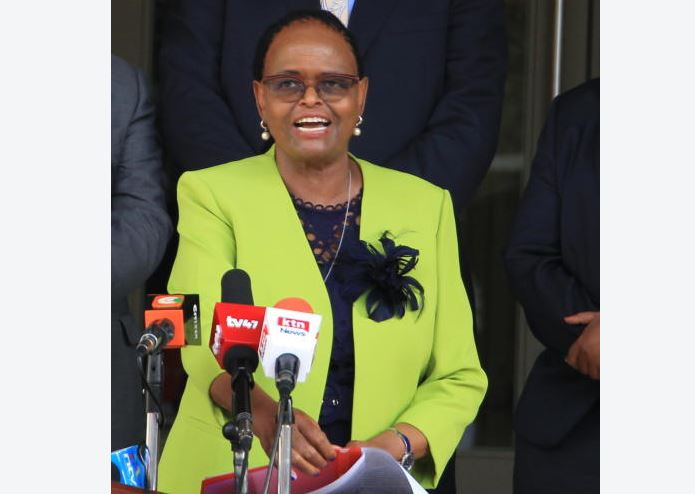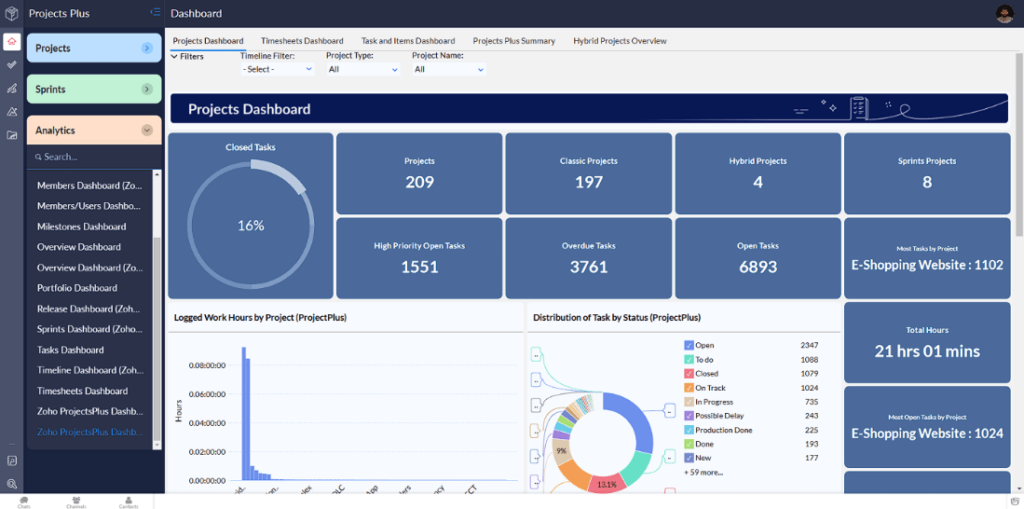The Salaries and Remuneration Commission (SRC) has rejected a move by the Judicial Service Commission (JSC) to review salaries and pensions for judges.
In a letter dated July 25, SRC Acting Secretary Margaret Njoka said the Commission opposed the Judges’ Retirement Benefits Bill, 2025, reaffirming its exclusive constitutional mandate to determine remuneration for State officers.
The Bill seeks to provide for pensions and other retirement benefits to judges of the superior courts.
In her letter to National Assembly Clerk Samuel Njoroge, Njoka noted that judges of the superior courts are designated as State Officers under Article 260 of the Constitution.
She stressed that SRC is the sole constitutional body empowered to set and regularly review remuneration and benefits, including retirement entitlements, for State Officers, as per Article 230(4)(a) and Article 172(1)(b)(i) of the Constitution, which expressly limits the JSC’s role to making recommendations on judges’ remuneration.
Njoka also flagged the Bill’s fiscal impact, warning that it would trigger a ripple effect of Sh15 billion.
She argued that advancing such legislation without compliance with Article 230(4)(a) constitutes a constitutional breach and undermines institutional balance and envisioned oversight mechanisms.
“SRC submits that it has neither initiated the review nor set the retirement benefits proposed in the Judges Retirement Benefits Bill, 2025. Moreover, the proposals have not been subjected to evaluation against the constitutional principles and factors that SRC is required to apply under Article 230(4)(a) and (5) of the Constitution and the SRC Act,” said Njoka.
On the constitutional validity of the Bill, she said it amounts to a direct usurpation of SRC’s exclusive role to review and set benefits for State Officers, violating Article 230(4)(a) as upheld by the High Court in Kenya National Commission on Human Rights v Attorney General & Another [2015] KEHC 7634 (KLR).
Njoka also questioned the financial sustainability of some proposed benefits, including post-retirement transport and medical packages, which she said had not been set by SRC or assessed against fiscal sustainability principles under Article 230(5)(a) and Section 12 of the SRC Act.
She revealed that these post-retirement perks would cost the public Sh1.7 billion in the first year alone.
The extension of such benefits to Judges, if implemented, SRC said may trigger legitimate clamour for similar benefits by other State officers.“ This would exacerbate an already constrained fiscal space and undermine sustainable public compensation management,” she said.
Njoka argued that such uncoordinated enhancement of benefits for one category of State Officers without comprehensive analysis of its implications for the entire public sector compensation framework contravenes the the holistic approach envisioned in SRC’s constitutional mandate.
She also emphasised that current judicial retirement benefits, excluding those of the Chief Justice and Deputy Chief Justice, are governed by the Pensions Act (Cap. 189), the Pensions (Increase) Act (Cap. 190), and the Widows’ and Children Pensions Act (Cap. 195).
“SRC observes that the retirement benefits for Judges, as currently provided under the three Acts of Parliament, may only be reviewed by SRC in accordance with its mandate under Article 230 (4) (a) of the Constitution and Section la of the SRC Act,” she said.
Stay informed. Subscribe to our newsletter
“Such reviews must be conducted taking into full consideration the principles expressly set out under Article 230 (5) of the Constitution and Section 12 of the SRC Act, which include fiscal sustainability, transparency and fairness, and equal pay for work of equal value.”
Flagged clauses
SRC cited several clauses in the Bill that it opposes. One such clause defines “pensionable emoluments” to include both basic salary and house allowance. However, Njoka noted that SRC had previously communicated that pensionable emoluments should only include the monthly basic salary, as per its guidance dated October 13 2023 (Ref: SRC/TS/24/3).
“For equity and harmony, the clause should define ‘pensionable emoluments’ as the basic salary payable to a judge as set by SRC,” she said.
To align with government policy, SRC recommended that Part II of the Bill be amended to establish a defined contribution scheme. Under this, the employer’s contribution should be 20 per cent of monthly pensionable emoluments, capped at twice the employee’s contribution. Employees should contribute at least 10 per cent, with an option for additional voluntary contributions.
Njoka said the benefits under this scheme must be legislated and fully funded from the scheme account.
SRC also called for the deletion of Clause 27, arguing that it duplicates the Group Life Insurance benefit already provided for under the Retirement Benefits Authority (RBA) Act and scheme rules.
Clause 37, on trustees’ remuneration, should be aligned with the Retirement Benefits (Good Governance Practices) Guidelines issued by the RBA, while Clause 55(a) on post-retirement medical cover should be deleted, pending SRC’s policy on such schemes.
Njoka criticised Part IV of the Bill, which proposes extra benefits for judges who retired between August 27 2010 and the Bill’s commencement. She noted that current benefits for these judges are already covered under the Pensions Act and the Widows’ and Children Pensions Act.
She flagged Clause 66, which seeks to grant retired judges and their spouses medical cover similar to serving judges. This, she argued, creates inequity, especially as some State officers already contribute towards their post-retirement medical cover.
“Part IV excludes judges who retired before August 27, 2010. This may be viewed as discriminatory. Clause 66 should be deleted until SRC finalises its policy on post-retirement medical schemes,” she said.
Clause 67(1) assigns responsibility for payment of pensions, gratuities, and non-pension benefits to the Cabinet Secretary. Njoka clarified that while current benefits fall under the National Treasury’s CS purview, those under a defined contribution scheme should be managed by a Board of Trustees, as proposed in Part III of the Bill.
























